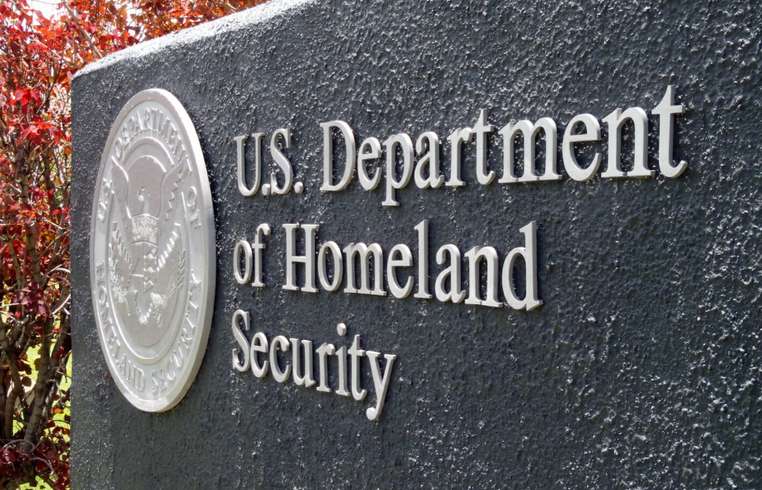
Federal Appeals Court Upholds Work Authorization for Spouses of H-1B Visa Holders

In a significant victory for thousands of immigrant families, the federal appeals court has upheld the work authorization for spouses of H-1B visa holders. This decision ensures that spouses, predominantly H-4 visa holders, can continue to contribute to the U.S. economy and support their families financially.
The H-1B visa program, which allows U.S. companies to employ foreign workers in specialty occupations, has long been a cornerstone of American economic growth. However, it often left spouses of H-1B visa holders in a precarious position, unable to work legally while residing in the United States. The work authorization rule for H-4 visa holders, implemented during the Obama administration in 2015, changed that dynamic, allowing many highly skilled and educated spouses to join the workforce.
The case, Save Jobs USA v. Department of Homeland Security, challenged the legality of this rule. The plaintiffs argued that allowing H-4 visa holders to work undermines job opportunities for American workers. However, the court found that the Department of Homeland Security (DHS) acted within its authority in issuing the rule, and that the benefits of allowing these spouses to work outweigh the purported harms.
Advocates for immigrant rights have celebrated the ruling as a major win for economic fairness and family stability. “This decision recognizes the valuable contributions that H-4 visa holders make to our economy and society,” said an immigration advocate. “It also acknowledges the reality that many H-1B families depend on dual incomes to thrive in the United States.”
The ruling brings relief to thousands of families who have been anxiously awaiting the court’s decision. Many H-4 visa holders are professionals with advanced degrees and significant work experience, eager to continue their careers and support their families.
While the court’s decision is a positive step, it does not end the challenges faced by H-1B and H-4 visa holders. Issues such as long green card backlogs and visa uncertainty remain prevalent. Nonetheless, this ruling represents a crucial victory in the ongoing struggle for immigrant rights and economic inclusion.
